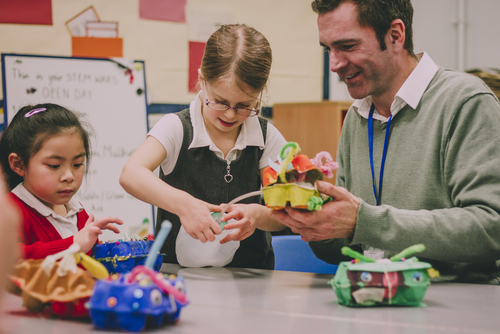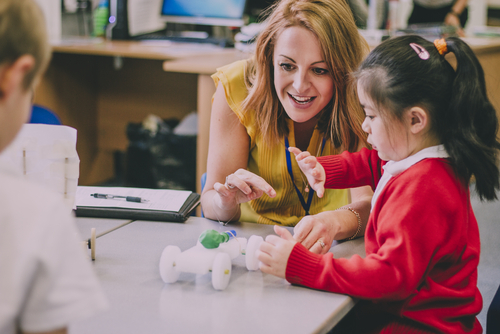This blog has been written by Jane Turner, Snap Science Series Editor and Director of the Primary Science Quality Mark.
Plan your monitoring activity
Ask yourself:
• How can I find out what is happening with science?
• Which areas are strengths to celebrate and which areas need to be developed?
Monitoring activities can include learning walks, reviewing display boards, teacher planning and pupil work scrutiny, lesson observation. It can be time-consuming and you cannot do everything immediately by yourself. Plan with the SLT and make sure that the science monitoring schedule is linked to the SDP. Ask for some regular, periodic non-contact time.
1. Look at the long-term plan for science.
Have you moved anything around? Did you realise last year that it really didn’t work to have all the chemistry taught in Y5? Or that Seasonal change needed a half termly lesson in Y1? Have you added anything? For example, the Polar Explorer Programme has some great free resources for lessons on adaptation, forces, materials and much more. The BBC Terrific Scientific campaign is continuing with some new citizen science investigations for your children to get involved in. Sign up for Explorify for access to an exciting programme of activities that will sparks pupils’ curiosity and develop their thinking skills. It’s free to use, requires very little preparation, and is easy to slot into your everyday timetable. Make sure that your colleagues know about these other on line resources and adapt their medium term plans.
2. Talk to any teachers who are teaching a different year group from last year.
Are they confident in their subject knowledge? Share resources that will support them (e.g. Snap Science module introductions) and offer to talk through any tricky topic areas. Do they know the practical resources that are available in school? Would they like some help with planning? Why not arrange to team teach a topic?
3. Audit the science cupboard.
What needs replacing or adding? Advertise for science technicians (Year 5 or 6 children) whose job it will be to collect resources for teachers and return them tidily to the cupboard afterwards. Plan a ‘science reward’ for them at the end of term.
4. Find out what CPD is happening near you
There are plenty of opportunities for professional development in primary science. Carry out a needs audit of your colleagues to find out where there are gaps in their confidence or expertise. Which topics do they avoid? Are they planning lessons in which children use the full range of enquiry types to answer scientific questions? Go the STEM Learning website to find out about the high quality CPD happening near you. Most STEM Learning training carries bursaries making it affordable for schools.
5. Renew the school’s membership of the Association for Science Education.
Make sure that whoever sorts the post puts the Primary Science journal in your pigeonhole so that you find out and can share the latest ideas for good practice in science teaching. Visit the ASE member website and download the Science Subject Leader guide. Book your ticket for the January 2018 national conference in Liverpool or go to a local ASE Teachmeet.
6. Review your science assessment strategy.
Download the TAPS assessment pyramid to audit your practice. Is formative assessment being used to inform learning? Are teachers periodically recording attainment against the National curriculum statements? Use the Snap Science record keeping resource on Collins Connect to ensure that completing end of KS assessment framework is simple, straightforward and accurate.
7. Make this the year when your school achieves a Primary Science Quality Mark to celebrate and acknowledge your effective leadership of science.
The yearlong programme of supported school development will enable you to evaluate and improve all aspects of science teaching and learning, work with other subject leaders and hone your leadership skills. Go for it!




